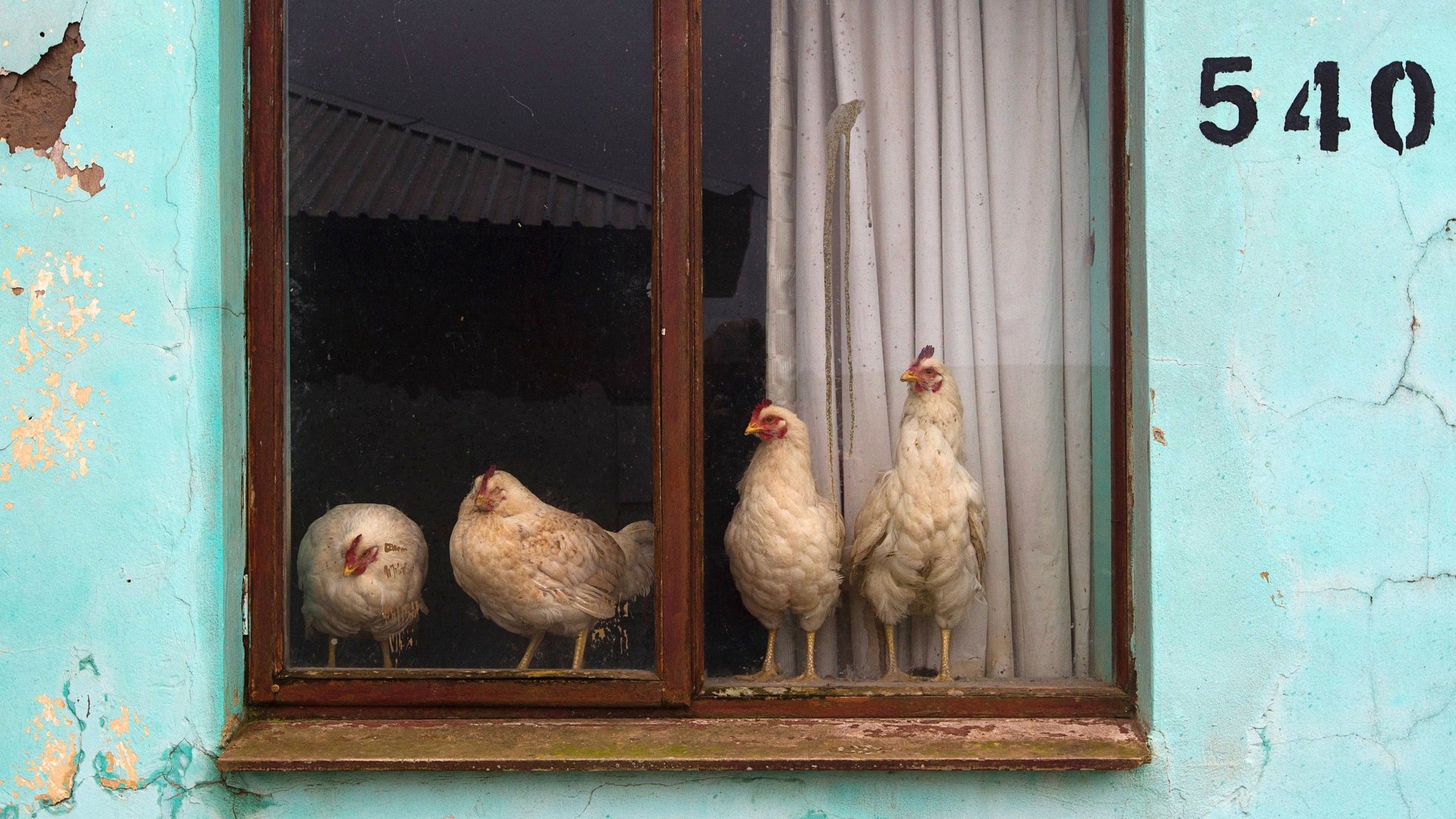The US can now sell chicken to South Africans but that doesn’t mean they’ll eat it
It seems America and South Africa’s chicken war is not over. For months the two countries have argued over the popular protein, with South Africa refusing to allow chicken imports from the US, and the White House threatening to suspend Pretoria’s trade benefits. The South African government may have capitulated, but a lot of South Africans won’t eat the American meat. Nor will they be finding it at Nando’s, a popular chain of chicken restaurants that prides itself on freshness.


It seems America and South Africa’s chicken war is not over. For months the two countries have argued over the popular protein, with South Africa refusing to allow chicken imports from the US, and the White House threatening to suspend Pretoria’s trade benefits. The South African government may have capitulated, but a lot of South Africans won’t eat the American meat. Nor will they be finding it at Nando’s, a popular chain of chicken restaurants that prides itself on freshness.
“Nando’s is proudly South African. The American poultry that has landed in South Africa does not find its way into your Nando’s meal‚” Geoff Whyte, the CEO of Nando’s South Africa, said in a statement cited by The Times. Nando’s 31 US locations, in the cities and surrounding suburbs of Washington DC and Chicago, have been key to its international expansion, but the company was keen to remind its home base that it was still loyal.
Frozen chicken pieces arrived in South Africa in March this year from the US for the first time since 2000, when South Africa first imposed anti-dumping duties on American beef, pork, and chicken products. The market for American poultry opened back up when the US hinged its renewal of the lucrative African Growth and Opportunity Act (AGOA) to chicken exports to South Africa.
South Africa wouldn’t budge until US President Barack Obama provisionally suspended South Africa’s AGOA benefits. Of the 40 sub-Saharan African nations that benefit from the preferential trade agreement, South Africa has benefitted the most. The US Department of Commerce puts South African exports to the US at $8.3 billion, and South Africa’s imports from the US at $5.5 billion in 2014, according to the US embassy in South Africa.
Bilateral trade negotiations usually confined to diplomats’ offices spilled onto dinner plates as South Africans joined the fray, speaking out against the importing of American chicken. For the sake of its automobile and agricultural produce industries, however, South Africa gave in.
When the frozen US chicken first landed on South African shores, a local blogger’s Facebook post alleging that the “poisonous” chicken is being dumped in low-income grocery stores went viral. Meanwhile, South African chicken often isn’t the fresh, running fowl some consumers imagine. The local poultry industry has come under fire for plumping frozen chicken pieces up by injecting them with brine.
As the chicken wars threatened to become a diplomatic row, Patrick Gaspard, the US ambassador to South Africa, found himself discussing American poultry throughout the impasse.
“There’s nothing I enjoy more than roaming through South African neighborhoods, but the last months, all any you have wanted to talk to me about was chickens,” Gaspard said in an online video on May 18. “I’m so glad that we’re past that now.”
Not quite, it seems.